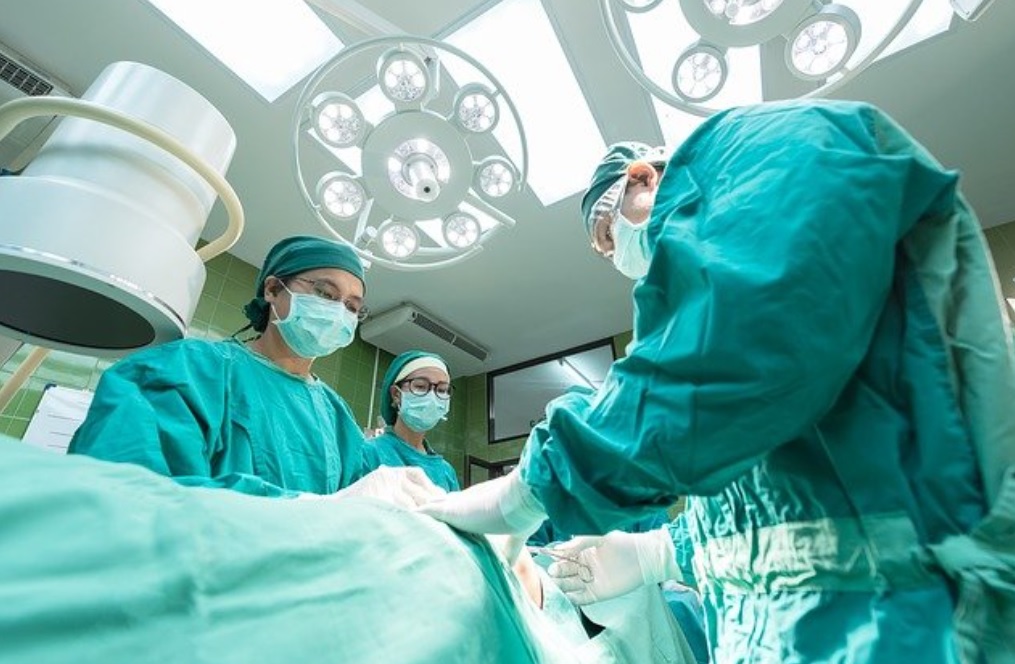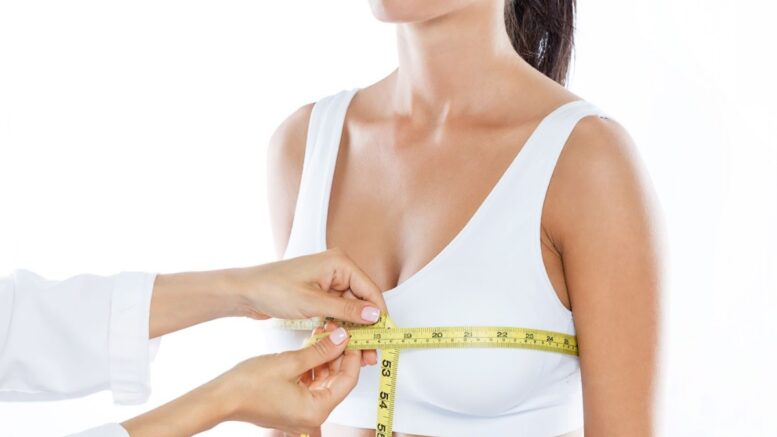Breast reduction, otherwise termed as reduction mammoplasty, is a type of surgery for women that aims to reshape their breasts by reducing their size. Around half a million annual breast reduction surgeries are performed internationally. Although having large breasts may seem impressive or appealing for some, it comes with disadvantages, like:
- Trouble fitting into clothing, particularly bras
- Skin irritation or rash under the breasts
- Chronic shoulder, neck, or back pain due to heaviness
- Shoulder grooves from bra straps
- Poor self-image
- Sleeping difficulties
And so, many women, especially those under 25, are willing to undergo breast reduction for cosmetic reasons and personal satisfaction. As stated by the American Society of Plastic Surgeons, women demonstrated better psychosocial well-being and quality of life after undergoing the procedure.
Preparing for the surgery: What should you do?
There are certain things you’ll need to do and prepare. Remember, the more prepared you are for the treatment, the easier your recovery and the better the results will be.
Take the preoperative exams
Before a breast reduction surgery, it’s recommended that you take and complete all the preoperative exams, such as chest X-ray, mammogram, breast exam, blood tests, and other tests recommended by your surgeon. They aim to determine how physically ready and healthy you are for the procedure.
Most often, your doctor will require you to get a mammogram six months before the surgery and another after you’ve completely healed. Mammograms are essential in monitoring your breast health and detecting if there are any changes or side effects after the surgery.
Get your health in order
All surgeries bring their own risk of complications. However, breast reduction is considered relatively safe. Still, you can be at risk of complications if your body’s not healthy enough for the procedure. Plus, your surgery will be rescheduled multiple times if your surgeon finds out you’re ill or suffering from any health conditions. Thus, to minimize complications during or after the surgery, ensure your health is in order.
Make sure you feed yourself with nutritious foods to improve your body’s ability to heal. More importantly, avoid smoking at least a month before the surgery (much preferable if you give them up altogether), as this habit can put you at risk of complications, such as heart attack or breathing problems during surgery.

Furthermore, don’t forget to disclose all the medications, supplements, and vitamins you regularly take to your surgeon. Generally, they’ll recommend you stop taking them for a while before your surgery since some of these supplements and medications can increase bleeding during surgery. Consult your doctor when it’s safe to resume taking them or see if they can recommend some alternatives during your recovery.
Ultimately, one of the essential keys to a successful breast reduction surgery is leading a healthy lifestyle.
Request a medical leave
One of the critical parts of your surgery recovery is complete rest. Typically, your surgeon will recommend you take a break from your work for at least two weeks, or even longer, depending on your job type. Hence, you should request a medical leave from work.
Get yourself a few sports bras
You’ll be provided with surgical garments during surgery, so you don’t need to buy your own post-surgery bras. But if you choose to buy more garments besides the ones they provide, you can buy a few sports bras before your scheduled surgery.
A sports bra can provide compression and support to your chest as you recover. Consult your surgeon about the right sports bra size, as it’ll be based on your new breasts. But don’t forget to leave enough room for swelling and bandages. Make sure to select a sports bra with comfortable and breathable clothing (e.g., elastic cotton) since you’ll wear it every day for four to six weeks.
Arrange for your ride home
You’ll need to lean on your relatives or friends to give you a ride home after the surgery. After the procedure, you won’t be able to drive yourself because of limited movement.
So, appoint one or two people to pick up your prescribed medications, drive you home, accompany you for the first 24 hours, and take you to your post-operation appointment (usually three days after the surgery). If you have kids, you can hire a babysitter or rely on your family or relatives to take care of them.
Asking for assistance from your loved ones will ensure you’re not overexerting yourself, which can compromise your healing and affect your breast health.
Turn your home into a recovery area
In addition to being unable to drive yourself, you won’t be able to lift heavy objects or reach high shelves. Therefore, take some time to make changes to your home before your surgery.
For example, you can place some of your things on lower shelves, so you don’t need to climb stairs or bend to reach for them. Transfer liquids to smaller containers too.
Moreover, keep some water, light snacks, reading materials, movie tapes, and medications near your couch or bed, so you don’t have to walk around much. It will also help to wear slip-on shoes or clothing that you can easily take off yourself.
Key takeaway
Remember, the success of your breast reduction surgery and the length of your recovery won’t just depend on the surgeon’s skills but also on your thorough physical and mental preparations. So, take the necessary steps for optimal results.
